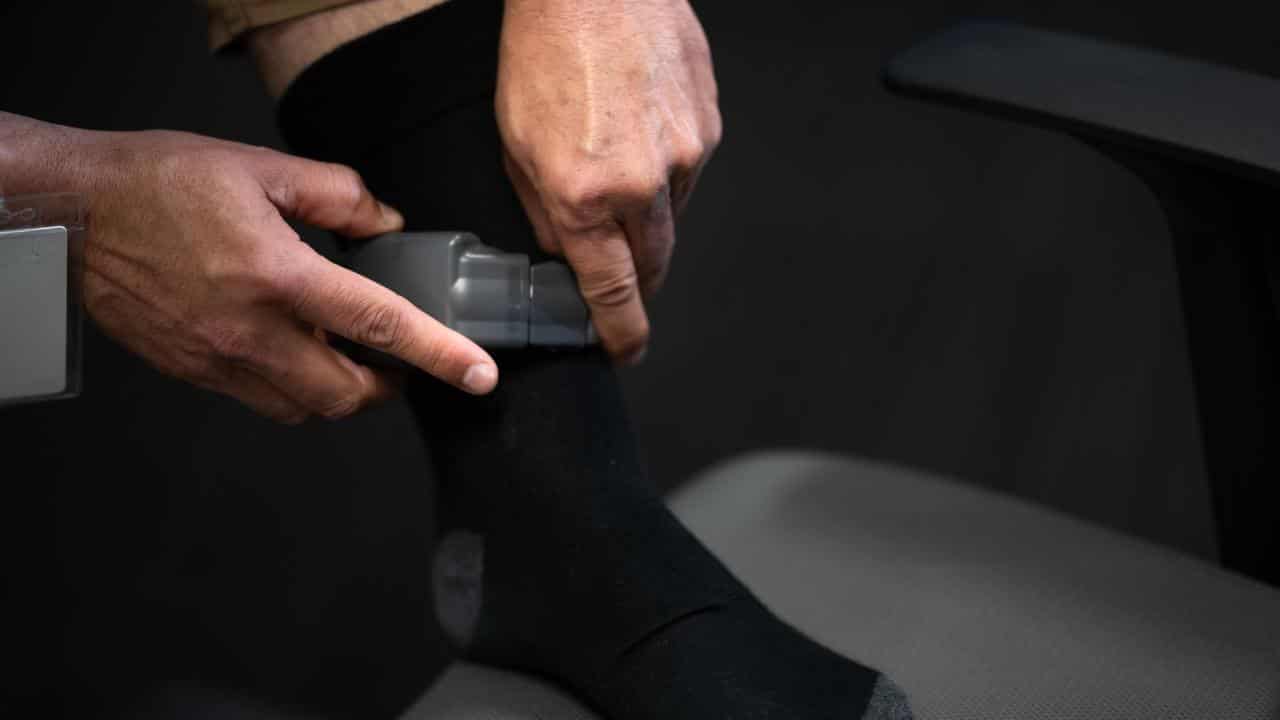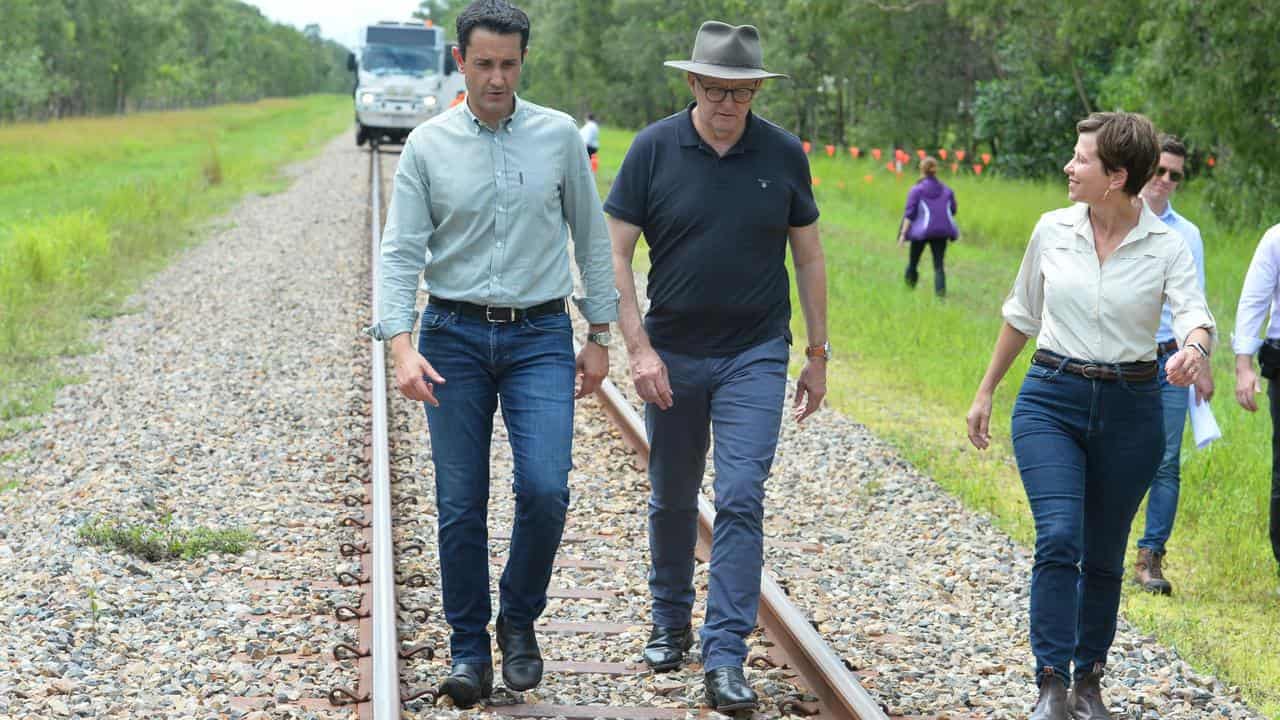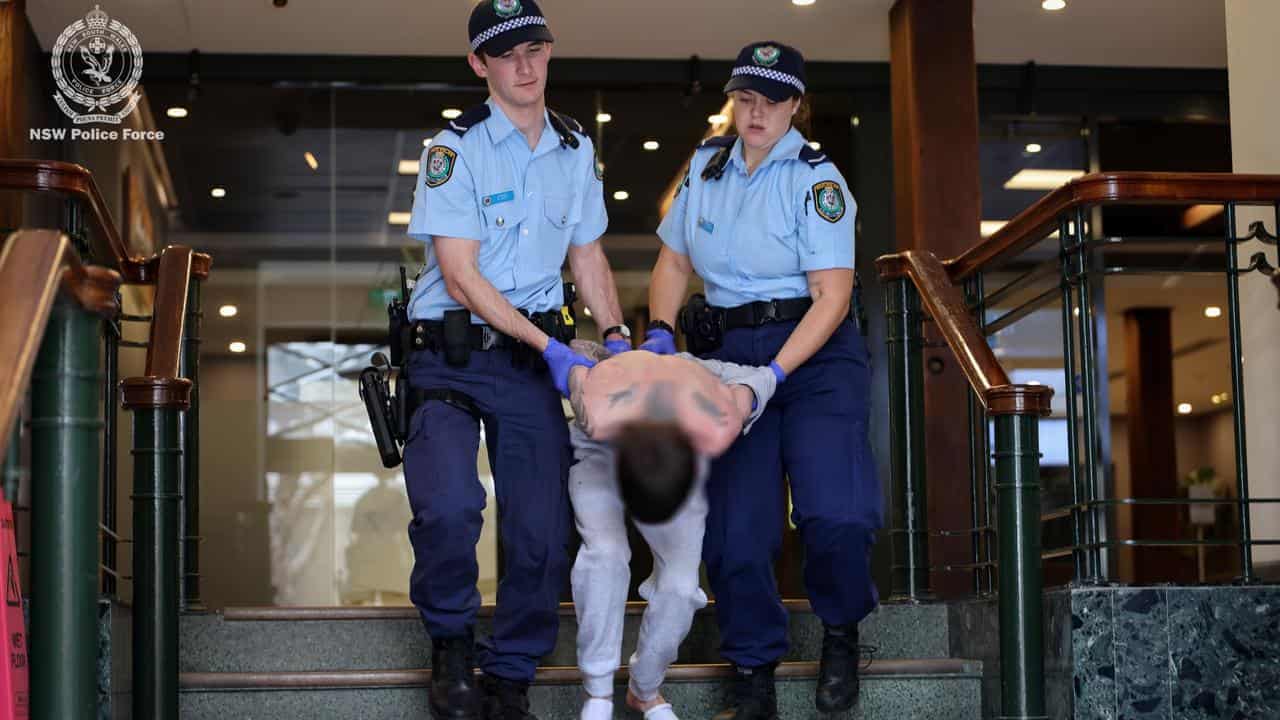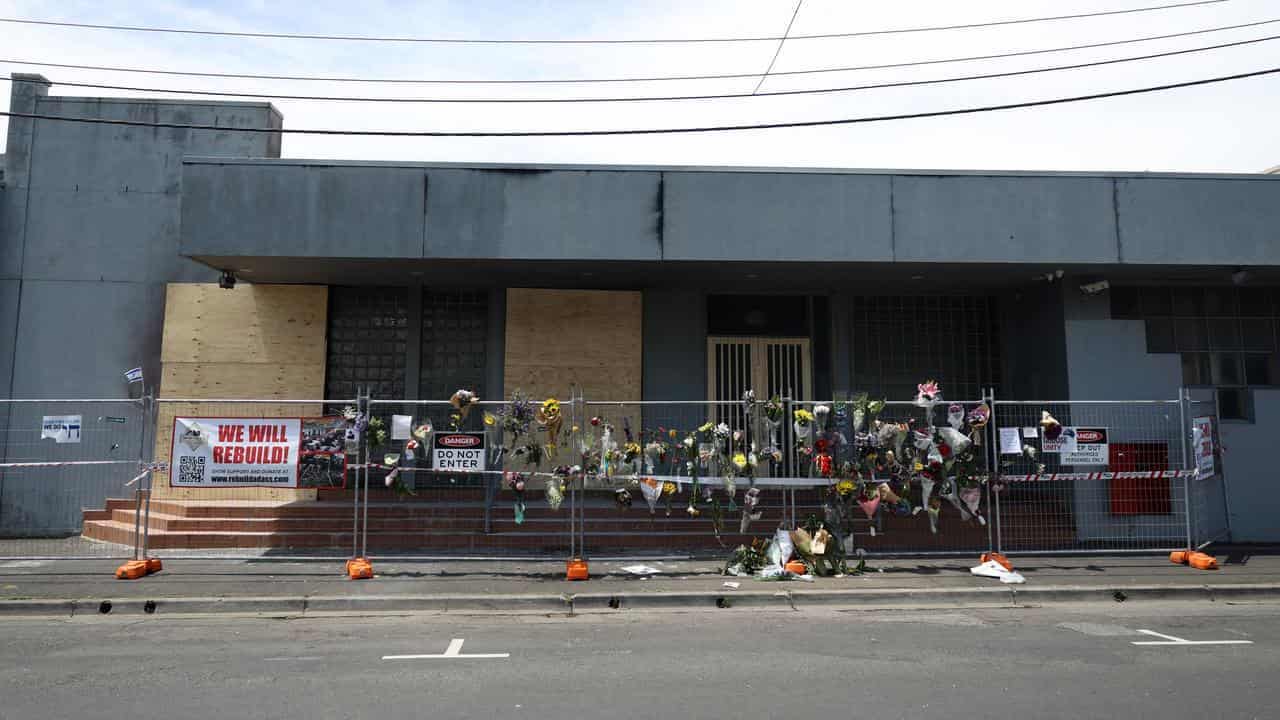The Statement
One of the most alarming aspects, again as predicted at the time, is that the number of people self harming has dramatically increased, in fact up by 130 per cent after these laws came in and people are harming themselves so that they can come to Australia.
Peter Dutton, Home Affairs Minister. August 27, 2019.
The Analysis
AAP FactCheck examined the ministers claim there has been a 130 per cent rise in self-harm incidents since the so-called Medevac bill took effect on March 1, 2019.
Mr Duttons office clarified to AAP FactCheck that the ministers quote referred to the percentage rise in incidents from March 2018 to March this year.
Introduced to the House of Representatives on December 3, 2018 by crossbenchers Kerryn Phelps, Andrew Wilkie, Adam Bandt, Julia Banks and Rebekha Sharkie, the Migration Amendment (Urgent Medical Treatment) Bill, known as the Medevac bill, allows detainees to be transferred to Australia for medical treatment if two or more registered doctors recommend they be transferred. The Home Affairs minister has 24 hours to approve or reject an application based on security concerns.
The ability to transfer sick detainees was already available under existing laws before the Medevac bill. A group of public servants on the Transitory Persons Committee within the Home Affairs department would meet regularly to assess the needs of asylum seekers seeking urgent medical care. The new law meant doctors' diagnoses - not the decisions of the public servants - would trigger medical transfers. The bill was passed in parliament on February 13, 2019 with amendments to the Migration Act 1958.
A spokesperson for the Department of Home Affairs told AAP FactCheck that in March this year there were 60 incidents of self-harm and threats of self-harm across both PNG and Nauru. The spokesperson said that in March 2018 there were 26 incidents of self-harm threatened and actual, an increase of 130 per cent.
AAP FactCheck asked the department to provide an explanation of how the figures were compiled or the data source for the statistics but received no response at the time of publication.
The submission stated that 58 people transferred to Australia under the Miscellaneous Measures Act because of an act of self-harm or threat of self-harm since the implementation of the Act.
AAP FactCheck concludes that while Home Affairs provided figures to support Mr Duttons claim, there is no source available to verify how the 130 per cent increase was determined.
The Verdict
Ambiguous - It is not possible to determine the veracity of the statement.
First published August 29, 2019 16:59 AEST











